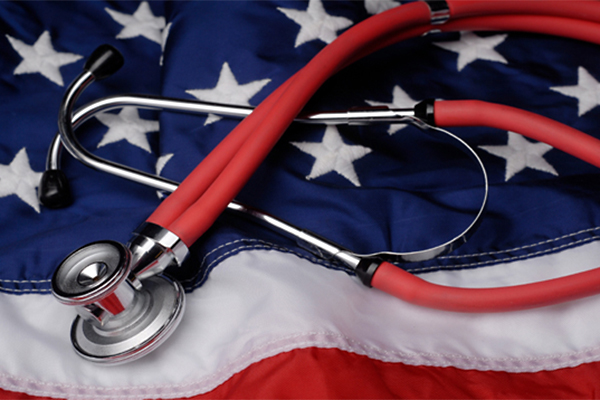There are numerous laws and regulations within the United States that were created in order to protect the health and well-being of the public. The following programs have all had a major impact on public health as well as the healthcare industry.
1. Medicare and Medicaid
Medicare is a program that provides health insurance for millions of senior citizens. While similar in scope, the Medicaid program is intended to provide healthcare coverage for individuals with low income and limited financial resources.
Medicaid is also used to provide coverage for workers who have suffered from a disability, expectant mothers who lack health insurance, and those who are suffering from temporary unemployment.
2. Children’s Health Insurance Program (CHIP)
CHIP provides coverage for children who live in low-income households. Originally enacted in 2009 as the Children’s Health Insurance Authorization Act, CHIP functions in concert with the Affordable Care Act (ACA) of 2010 in order to provide healthcare coverage to the largest number of impoverished and low-income children in the country’s history.
3. Health Insurance Portability and Accountability Act (HIPAA)
HIPAA allows workers to retain healthcare coverage when moving from one job to another. The program also allows workers to adjust their coverage based on changes to family size due to marriage, births, or adoptions.
HIPAA also functions to protect patient rights and privacy as well as barring insurance providers from discriminating against applicants. According to Joe Oesterling, Chief Technology Officer at Liquid Web, “health care providers, health insurance providers, and other entities that collect, transmit, or create ePHI are considered covered entities which must be HIPAA compliant.”
For those businesses and organizations who may be asking themselves what are the HIPAA regulations, seeking out additional information may be of paramount importance.
4. Patient Safety and Quality Improvement Act (PSQIA)
This program is designed primarily to protect healthcare workers from suffering retaliation should they report unsafe working practices or conditions.
PSQIA was created in order to encourage those who work within the healthcare industry to report any medical errors they may witness without exposing the privacy of the patients who may be involved. Breaches in patient confidentiality can result in consequences that may include significant fines.
5. Affordable Care Act (ACA) of 2010
A sweeping act of legislation intended to provide the bulk of U.S. citizens with healthcare coverage. Under the ACA any businesses or organizations that employ more than 200 individuals are required to provide workers with health insurance coverage.
The plan is also structured so that individuals who fail to secure health insurance coverage may be penalized, although exceptions are made for groups that are protected from this aspect of the ACA.
The act also established the American Health Benefits Exchange which allows those who visit to learn more about the coverage options that are available to them and to compare different plans.
Understanding the laws and regulations governing healthcare within the U.S. can be of the utmost importance for employers as well as workers who are seeking coverage. Even those organizations that merely manage or access patient healthcare information are required to comply with any relevant regulations pertaining to patient privacy.
